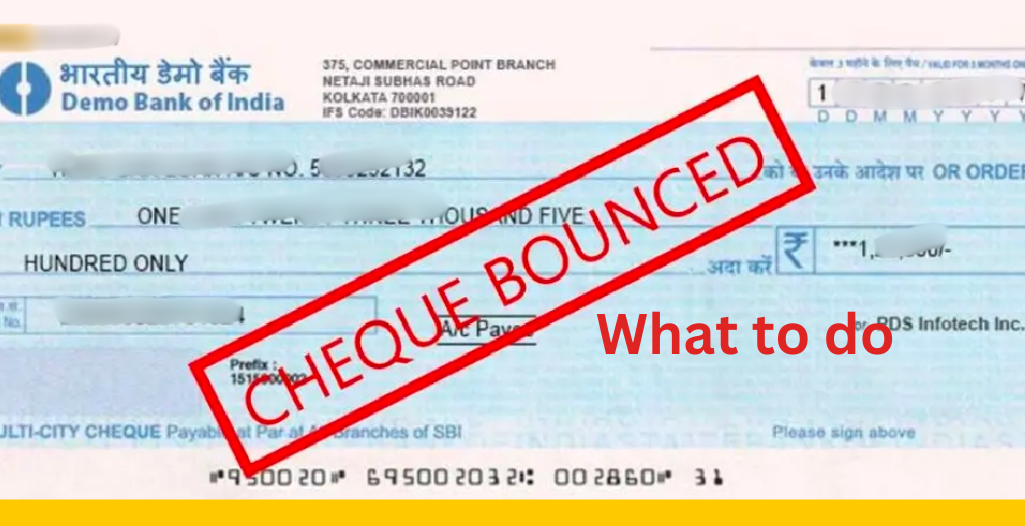
A cheque bounce is no joke! It can land you in serious trouble, as per Section 138 of the Negotiable Instruments Act, 1881. If your cheque bounces, you could face a fine double the cheque amount, two years in jail, or even both! When a cheque is returned unpaid with the dreaded “insufficient funds” stamp, the bounce drama begins.
But why does a cheque bounce? And what happens next? Let’s dive into the details!
Why Does a Cheque Bounce?
- Insufficient Funds: The most common reason—your account doesn’t have enough money.
- Expired Cheque: Cheques expire after 3 months!
- Messy Mistakes: Overwriting, damaged cheques, or mismatched signatures are instant no-nos.
- Mismatch of Amounts: If words and digits don’t match, the cheque will bounce back faster than you can blink.
What Happens Next?
If your cheque bounces due to insufficient funds, the payee can serve you a Cheque Bounce Notice. This gives you 15 days to cough up the cash. No payment? The payee can drag you to court under Section 138.
Here’s what to expect:
- Notice Issued: You’ll get a notice within 30 days of the bounce.
- 15 Days to Pay: If you settle the amount within this time, you’re safe.
- Court Action: No payment? A criminal case can be filed in court.
New RBI Rules: No Excuses Now!
Since August 2021, the RBI has made cheque handling stricter:
- Minimum Balance is a Must: No balance, no payment—it’s that simple!
- 24/7 NACH Clearance: Cheques are now processed even on Sundays!
These changes aim to make cheque processing smoother, but they also mean you’ve got to stay on top of your finances.
Legal Consequences
If found guilty of cheque bounce, here’s the deal:
- Imprisonment: Up to 2 years.
- Fine: Double the cheque amount.
- Civil Suit: The payee can also file a separate suit to recover the money.
Even companies aren’t spared—both the company and its directors can be punished under Section 148 of the Act.
How to Respond to a Cheque Bounce Notice
- Consult a Lawyer: Don’t panic—get legal help immediately!
- Pay the Amount: If possible, settle the cheque amount within 15 days to avoid court proceedings.
- Send a Reply: Your reply should include:
- Your details and explanation.
- A rebuttal of the allegations.
- A summary of your defence.
Ignoring the notice can lead to bigger legal trouble, so act fast!
A cheque bounce can feel like a nightmare, but knowing your rights and responsibilities can help you handle the situation. Always maintain sufficient balance, double-check your cheques, and keep your finances in check.
For more financial tips, stay tuned to moneyphobia—your trusted guide in the world of money!

